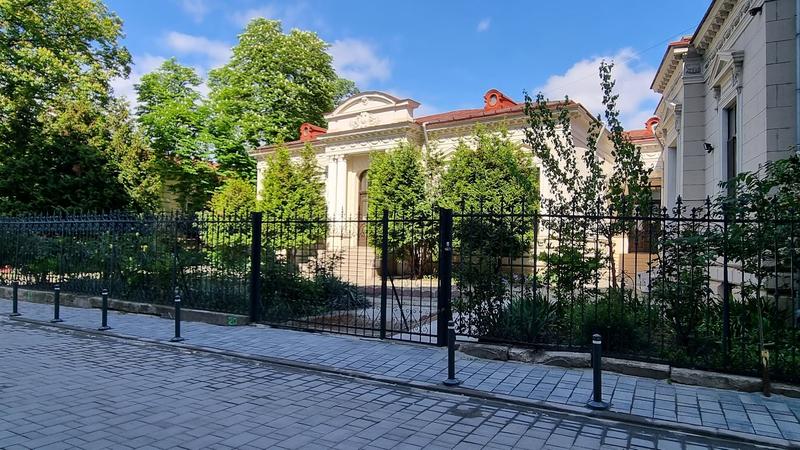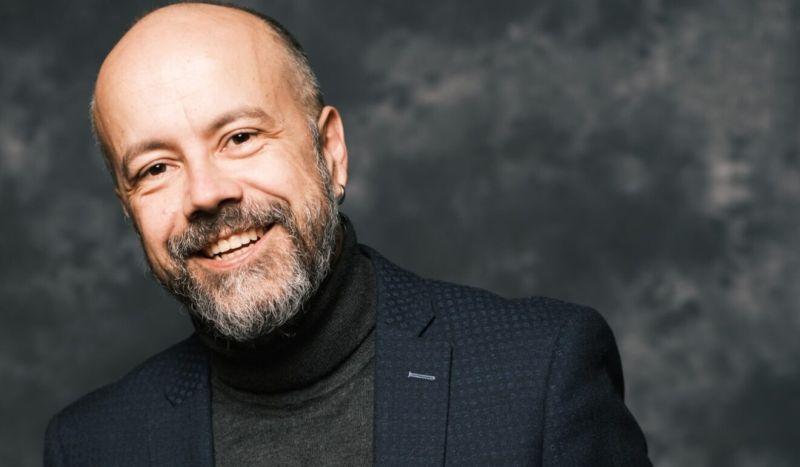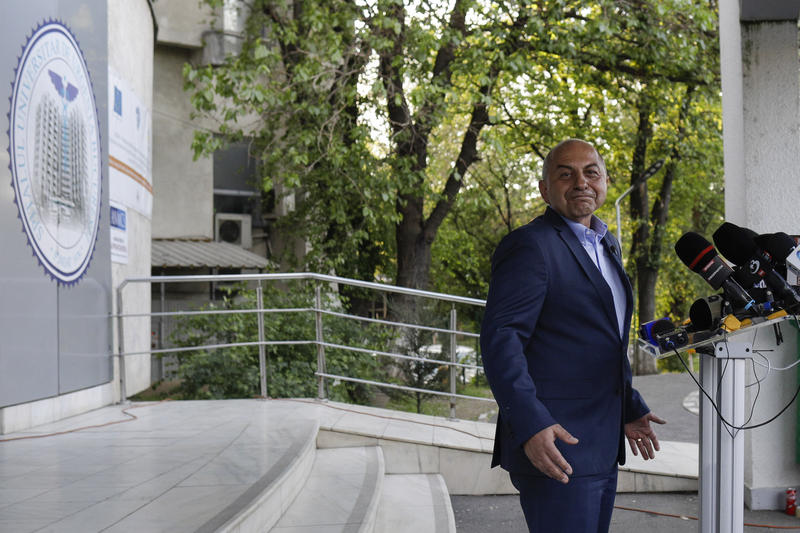The referendum about to take place makes the headlines in most newspapers. Most articles speculate on the way the president will collaborate with the parties after he returns in his seat. Impossible as it may seem, most sources indicate that the main Opposition party, Social Democrats (PSD) are willing to make peace with the suspended president Traian Basescu.
"The PSD underground prepares for peace with Basescu" is the title in Cotidianul, in an article that quotes several PSD leaders.
To make things totally incomprehensible, PSD - currently supporting the Liberals in their effort to maintain a minority government - may even submit a censorship motion against the Government, in case Basescu returns as president after the referendum.
A similar scenario is published by Evenimentul Zilei: "Preparations begun for the great political reconciliation", the paper reads.
This time, the newspaper refers to the discussion the suspended president had with a civic group, GDS, about "a new parliamentarian majority". Basescu emphasized that his first action will be to convoke all party leaders and see who can offer him support for his projects.
The priorities Basescu mentioned are the Lustration Law and the introduction of the uninominal voting system.
Speaking of lustration: the Polish Constitutional Court rejected the lustration law draft that could have expelled from the public life over 700,000 citizens, including professors, journalists, politicians and dignitaries of all sorts, Gandul reads.
Returning to the PSD - Basescu deals, the former Romania president and still honorary head of PSD, Ion Iliescu, held a speech on Wednesday, showing that "a month of Basescu's suspension and... look around! Things already start to look better. It's clear that Basescu was the seed of scandal all this while", Gandul reads.
Basescu isn't well seen everywhere. And the proof comes from Graham Watson, head of the Liberal group in the European Parliament. In an interview for Jurnalul National, Watson says that Basescu was the one who fractured the society, cutting it into black and white, the same way Berlusconi did in Italy.
The older scandal involving Justice minister Tudor Chiuariu became an international issue on Wednesday. During the session at the Supreme Judges' Council, Chiuariu - who attended the meeting uninvited - was closely watched by several foreign officials.
According to Cotidianul, the row of journalists were completed by Timothy Nelson, from the US Embassy, Onno Simons, an European Commission representative in Romania, David Nooan, secretary in the Irish Embassy, Malchow Olaf, counselor in the German Embassy, Hall Philip Ridley, deputy chief in the UK Embassy, Ana Ekberg, representing Sweden, Louis Werner, the Royal Dutch ambassador and Ruxandra Costache, from the World Bank.
Chiuariu announced that Florin Tulus - who's replacement caused all the fuss - will not be revoked from his position until a full scale investigation shows the true results of the anti corruption prosecutors.
Speaking of corruption: Dinu Patriciu, one of the people Basescu included as head of the "oligarchs list" will see his trial beginning in less than a month. Patriciu is accused of embezzlement, money laundering, associating in crime, manipulating the capital market, unveiling privileged information and initiating a crime group, Evenimentul Zilei reads.
Before Patriciu even enters a court room, Romania managed to apprehend another "oligarch", the Iranian "worldwide drugs king", Hossein Karimi.
The mobster coordinated his actions during the past 15 years from Romania and was one of the most wanted drug dealers in the world, provisioning by himself tons of heroin to Europe, Asia and North America, same Evenimentul Zilei reads.
In other news:
- Jurnalul National: The privatization of Romania's largest popular bank, CEC, will be frozen for two years. A new president was named - Radu Gratian Ghetea - in the attempt to re-build the CEC brand, once one of Romania's strongest names.
- Romania Libera: Bucharest may become a metropolitan area in 10 years and could include up to six towns and 87 communes and villages.
- Jurnalul National: Software piracy rate decreased for the first time in Romania under 70%, but losses caused to software producers increased from 111 to 114 million dollars.
- Evenimentul Zilei: Forensics verdict in the case of Raluca Stroescu, the Ernst&Young audit manager, who died of 'overworking": the reason for her death was starvation, but the mechanism is still unknown. It is still to be established whether it was about anorexia. hormonal problems or other reasons.


















